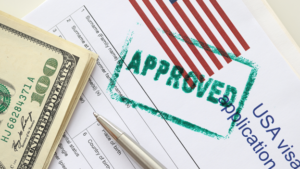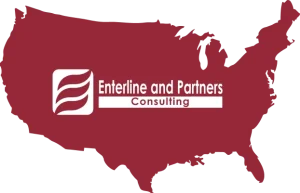There are many reasons why a lawful permanent resident (“LPR”) would remain outside the United States for more than 180 days. However, staying outside the U.S. for a long period could result in the U.S. government taking the position that an LPR has abandoned his or her intent to live in the U.S. as a permanent resident and it could take steps to revoke the LPRs resident status.
With the ongoing COVID-19 pandemic causing movement and travel restrictions, many LPR’s have unfortunately been unable to travel to the U.S. and have been abroad for a prolonged period. While the COVID-19 pandemic could certainly be viewed as an unforeseen and exceptional circumstance and thus, the LPR has not abandoned his or her immigrant status, the U.S. Customs and Border Protection Agency (“CBP”) maintains independent discretion in making such determination especially in situations where a LPR shows frequent and prolonged travel outside the United States.
An LPR who has been outside the United States may be subjected to secondary inspection by a CBP officer upon his or her arrival at the Port of Entry (“POE”) by land, sea or air. An LPR who has been outside for a prolonged period of time such as more than 180 days has an increased possibility of being subjected to secondary inspection.
Upon arrival at the POE, LPRs may be asked by an interviewing CBP officer to what countries they traveled, how long they have been away, and the reasons why they were traveling to that destination. If a CBP officer is concerned that an LPR’s prolonged absence outside the United States is unusual or suspicious, the CBP officer may request that the LPR undergo secondary inspection.
When an LPR enters secondary inspection, they may be detained for a few minutes to several hours or longer. During the process, a CBP officer will ask the incoming LPR additional questions to determine resident intent before they will be allowed to be admitted to the United States. Additional questions during secondary inspection will delve deeper into why the LPR has remaining outside the United States for a long period, whether they are working abroad, and their family and financial ties to the United States.
It is important for an LPR to understand that he or she has the right to be allowed entry and cannot be forced to sign any documents giving up resident status or being forced to return to their destination. See our other article for more information on Knowing your Rights as an LPR.
For more information on LPR’s currently in Asia who have been unable to travel back to the United States due to the COVID-19 pandemic, contact us today at info@enterlinepartners.com and speak with an U.S. immigration lawyer in Ho Chi Minh City, Manila and Taipei.
ENTERLINE & PARTNERS CONSULTING
Ho Chi Minh City, Vietnam Office
Suite 601, 6th Floor, Saigon Tower
29 Le Duan Street
Ben Nghe Ward, District 1
Ho Chi Minh City, Vietnam
Tel: +84 933 301 488
Email: info@enterlinepartners.com
Facebook: Enterline & Partners – Dịch vụ Thị thực và Định cư Hoa Kỳ
Website: http://enterlinepartners.com
Manila, Philippines Office
Unit 2507 Cityland 10 Tower 1
156 H.V. Dela Costa Street
Makati City, Philippines 1209
Tel: +632 5310 1491
Email: info@enterlinepartners.com
Facebook: Enterline and Partners Philippines
Website: https://enterlinepartners.com/language/en/welcome/
Copyright 2020. This article is for information purposes only and does not constitute legal advice. This article may be changed with or without notice. The opinions expressed in this article are those of Enterline and Partners only.








